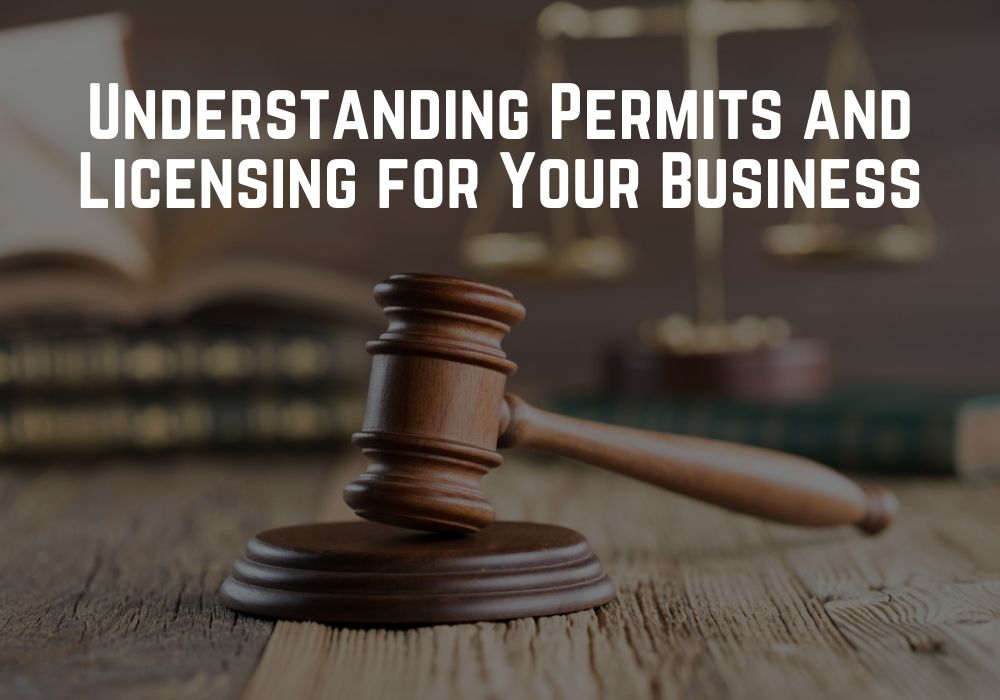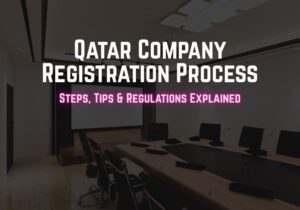Understanding the Importance of Permits and Licensing
In the business and regulatory world, permits and licenses serve as crucial tools for ensuring that entities and professionals comply with specific standards, rules, and regulations. They are essential across a wide array of industries, impacting everything from construction and food service to healthcare and education. This article explores what permits and licenses are, why they are necessary, and how to navigate the permit and licensing processes.
What are Permits and Licenses?
A permit is an official document granting the holder authorization to take specific actions or use particular resources that are otherwise restricted. For instance, building permits allow for the construction of new buildings or the modification of existing structures under defined conditions.
Licenses, on the other hand, are permissions granted by governmental or regulatory bodies to an individual or organization, allowing them to carry out a profession or activity legally. These could range from a business license that enables one to operate legally within a local jurisdiction, to professional licenses for doctors and lawyers, which ensure that only qualified individuals practice these professions.
Why are Permits and Licensing Necessary?
Permits and licenses serve multiple functions:
- Public Safety: They ensure that professionals meet the necessary qualifications and that buildings or products adhere to safety standards.
- Regulation: They provide a means for government oversight, helping to monitor and regulate industry practices.
- Consumer Protection: They help to protect consumers from unqualified practitioners and unsafe or inferior products and services.
- Revenue: They can be a source of revenue for local and national governments.
Navigating the Permit and Licensing Process
Obtaining the necessary permits and licenses can be a meticulous process involving multiple steps:
- Understanding Requirements: The first step is identifying what kind of permits or licenses are necessary for your specific activity and jurisdiction.
- Application: Collect and submit necessary documentation. This might include everything from personal identification to proof of competence and compliance with specific standards.
- Review: Expected to undergo scrutiny by relevant authorities to ensure all provided information meets requirements.
- Approval: If all criteria are satisfied, the permit or license is granted. Some scenarios may require the payment of fees.
- Renewal and Compliance: Many licenses and permits have expiration dates and must be renewed periodically. Holders are also expected to remain compliant with all relevant laws and regulations.
Challenges in Procurement and Maintenance of Licenses and Permits
Though necessary, the process of acquiring and maintaining permits and licenses can pose significant challenges:
- Complexity: The complexity of regulations can vary greatly by region and industry, sometimes making it difficult to understand requirements.
- Time-Consuming: The process is often lengthy and bureaucratic, which can delay business operations and services.
- Cost: Fees for permits and licenses can be substantial, adding a financial burden to businesses, especially startups.
- Legislative Changes: Frequent changes in laws may require businesses to obtain new permits or licenses, or to renew earlier than anticipated.
Conclusion
While permits and licensing can be demanding, they are fundamental for regulated and safe business operations and professional services. Individual professionals, as well as companies, should prioritize understanding and compliance with the regulatory requirements, not only to avoid penalties but also to ensure the highest standards of safety and professionalism in their operations. In doing so, they contribute positively to industry reputation and public trust.






